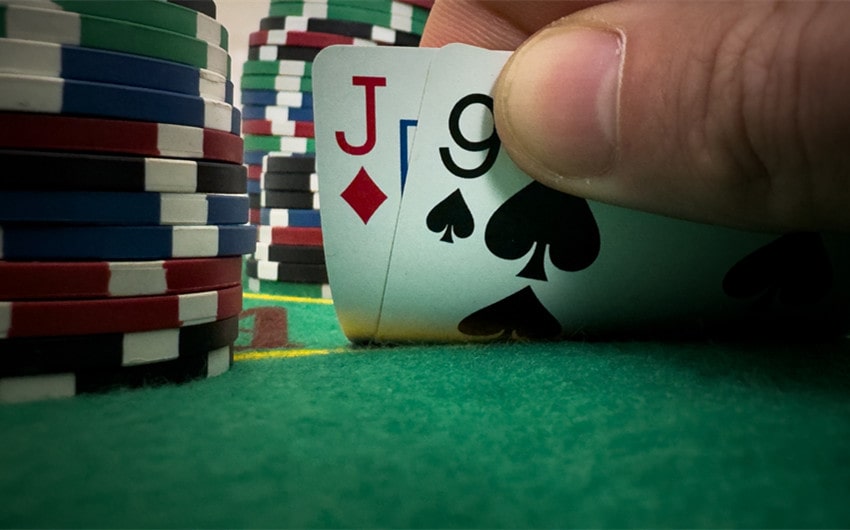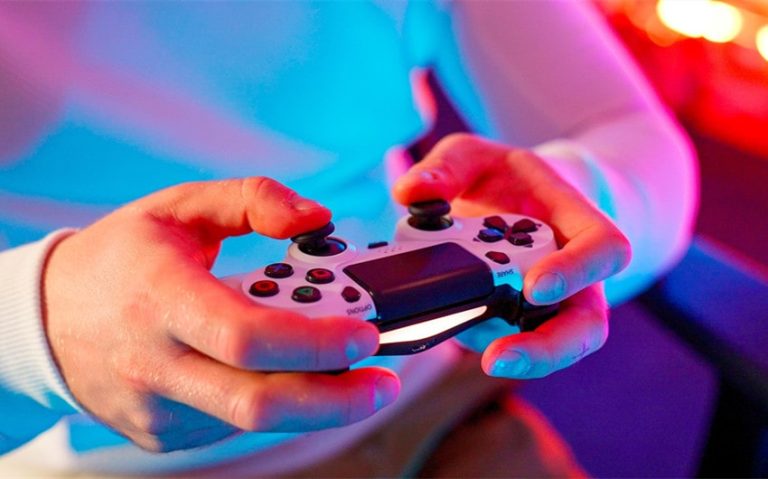How Poker Became Part of American Pop Culture: Movies, TV, and Iconic Players
Poker has long ceased to be just a card game. In the US, it has become a cultural phenomenon that encompasses several spheres at once: cinema, television, sports, and even everyday speech. Poker is a game of character, strategy, psychology, and showmanship. It has become so ingrained in American culture that it is now impossible to separate it from the media, popular imagery, and the national idea that anyone can win if they take a chance. And the professional poker players list includes thousands of names.
The Rise of Poker in American Culture
To understand why poker has such a strong place in American culture, it’s worth going back to its roots. It’s not just a card game, but a part of history that has grown up with the country. Poker has accompanied America through times of growth, change, and cultural transformation: from closed tables in casinos to live broadcasts on ESPN.
From Saloons to the WSOP
The first decades of poker in America were marked by steamboats on the Mississippi, Wild West saloons, and cowboys with worn cards. Poker was the unofficial game of the frontier, a symbol of risk and freedom. Over time, it moved to legal casinos, becoming the pride of Las Vegas and Atlantic City.
Why Poker Took Root in the US
America has always valued the spirit of individualism. Poker is all about that: one player against everyone else, against the odds, against the system. It’s not just the strength of your hand that matters, but also your ability to bluff, wait, and read your opponents. All of which fits in well with the American myth of the self-made man.
The Poker Boom and Moneymaker
The culmination came in 2003 when a Tennessee accountant named Chris Moneymaker won the WSOP Main Event after qualifying through an online satellite tournament. His story showed millions that even without connections, money, or experience, you can become a world champion. This inspired a wave of new poker players and spawned what would later be called the Poker Boom.
Poker on the Big Screen – Hollywood’s Obsession with the Game
Hollywood played a huge role in romanticizing poker. Movies cemented poker in the popular imagination as a game full of risk, calculation, and hidden emotions.
In 1998, Rounders starring Matt Damon and Edward Norton was released. This film was a real catalyst for interest in Texas Hold’em, especially among young people. It showed poker as a game of intellect and willpower, where not only money but also destinies are at stake.
In 2007, Lucky You was released, featuring Hollywood actors alongside real iconic poker players: Doyle Brunson, Jennifer Harman, and Daniel Negreanu. This added to the sense of authenticity: real poker in a real atmosphere.
And, of course, we can’t forget The Cincinnati Kid (1965), a classic old-school film. It established the visual language of poker that Hollywood still uses today: intense stares, long pauses, slow bets.
Poker on Television – From ESPN to Reality Shows
If movies helped give poker a romantic aura, television made it mainstream. It was on TV that poker came to be seen as a spectacular, understandable, and almost athletic format. Television broadcasts changed the perception of the game: now viewers could not only watch the bets, but also see what was previously hidden: hands, emotions, and strategies.
ESPN and WSOP — The Show Begins
When ESPN began broadcasting the World Series of Poker (WSOP) using hole cameras, poker became understandable to viewers. People saw how players bluffed, why they folded their cards, and what was really going on at the table.
It was like revealing secrets, and viewers loved it.
Poker as TV Entertainment
Later, specialized shows such as High Stakes Poker and Poker After Dark appeared. These featured real stars with six-figure stacks. These shows didn’t just broadcast the game — they created drama, showed emotions, and told the players’ stories.
In addition, poker made its way into reality TV and talk shows. Players became media personalities, attending social events and appearing on television, which further increased their recognition.
Iconic Poker Players Who Became Celebrities
Poker has always been a game of characters, but in the US, some of them have become truly iconic. Their names have long transcended the poker world. These iconic poker players are known even to those who have never held a card in their hands.
Take Doyle Brunson, for example, a two-time WSOP champion and author of Super/System, a book that can be found on almost every professional poker players list who shaped the game. His style, charisma, and involvement in the development of tournament poker have made him a living legend.
Or Phil Hellmuth, nicknamed “Poker Brat” for his intense emotions and dramatic antics. He holds the record for the most WSOP bracelets and is a frequent guest on TV shows. His media presence helps bring poker to new audiences, and at the table, he remains a master of psychological pressure.
Daniel Negreanu is one of the most recognizable players of the 21st century, thanks in part to his activity on YouTube, social media, and interviews. His image as a modern poker pro often appears in lists of professional poker players, where he is cited as an example of charisma, analytical thinking, and openness.
And Chris Moneymaker, who won the WSOP in 2003 after an $86 online satellite, became a symbol of the game’s accessibility. His victory sparked a poker boom and changed the entire industry. Today, his name is not just remembered — it represents an entire era.
The Lasting Legacy of Poker in the U.S.
Poker has remained in American culture not because it is a game of chance, but because it is a deeply American game. It is a game of odds, character, and how to handle pressure. It is about how you can build a strategy from nothing and win.
Today, poker is undergoing a digital transformation. Any poker room and mobile app allows you to play anywhere. Poker legends in the US are becoming streamers and media personalities thanks to platforms like Twitch, YouTube, and TikTok, where poker is turning into a real show. And AI helps analyze hands and learn from others’ mistakes faster than ever before.
Why poker will remain relevant:
- It adapts to new formats and platforms;
- It combines sport, psychology, and entertainment;
- It continues to inspire new generations of players.
The future of poker is not in returning to the past, but in its evolution. Formats and technologies change, but the essence remains the same: it is a game about people, decisions, and those moments that can change everything.







